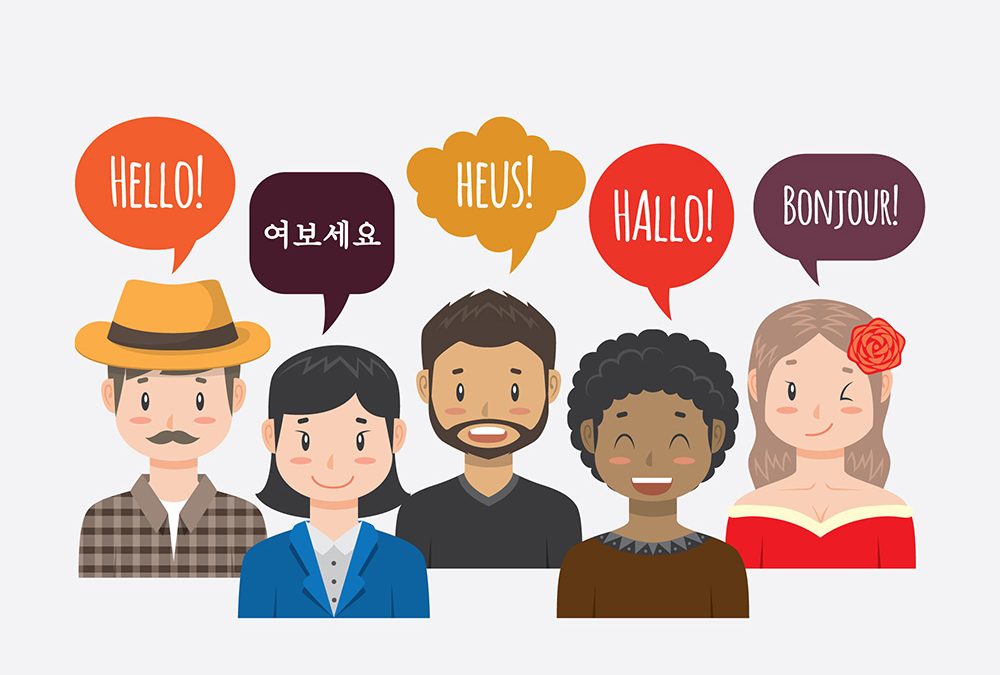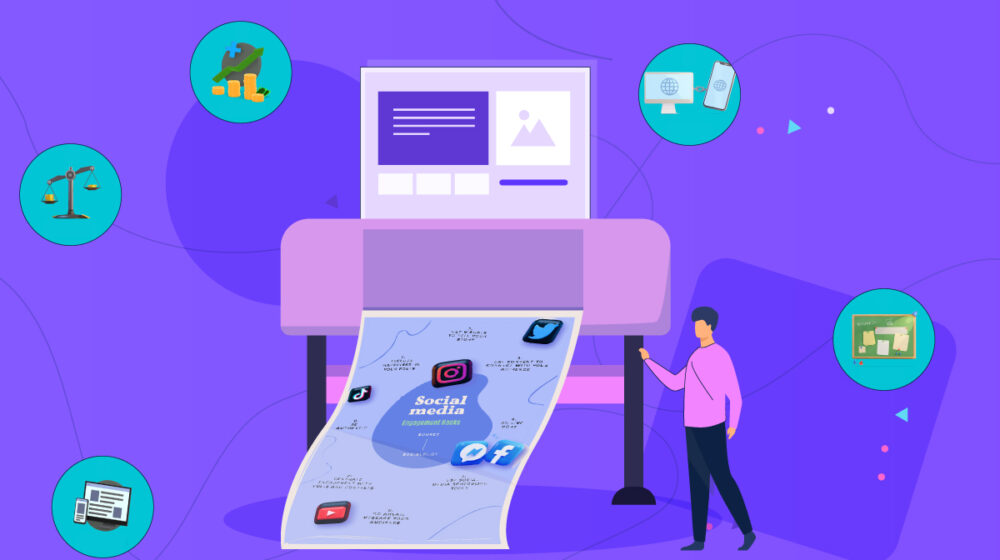People have a myriad of preferences for consuming information, and this applies to audio and transcripts as well. Some people prefer to listen to audio recordings because it allows them to experience the content in a more immersive way. They may like picking up the subtle nuances in the speaker’s tone and delivery that may not convey well in written form. Audio can also be more accessible for people who have difficulty reading or are more auditory learners.
On the other hand, some people prefer to read transcripts because it allows them to reference specific information easily and scan through the content more quickly. Reading a transcript also eliminates the need to listen to the entire recording, making it more convenient for people who have limited time or need to find specific information fast.
Additionally, some people may choose to use both audio and transcripts, depending on their needs and preferences. For example, they may listen to an audio recording for the overall experience and then refer to the transcript for specific information or to take notes.
Reasons Many Choose to Transcribe Their Videos
Whether or not you should get a transcript of your video depends on several factors, including your target audience, the purpose of the content, and the resources available to you. Transcribing can be a valuable way to reach a wider audience and make your content more accessible.
For example, transcripts can make vlogs more discoverable by search engines and are invaluable for people with hearing difficulties or who prefer to read the content. Additionally, having a transcript can make creating closed captions for your videos more manageable, improving accessibility and engagement.
1. Improved Accessibility

Source: recordsure.com
Transcribing videos can make the content more accessible for people with hearing difficulties, such as those who are deaf or hard of hearing. With a transcript, they can read along with the video, making it easier for them to understand the content.
Transcripts also aid people with cognitive or learning disabilities, such as those who struggle with processing auditory or visual information. A transcript can provide a written representation of the content, making it easier for these individuals to understand and engage with the material.
2. Increased Discoverability
Every content creator wants to rank better on Google or any other search engine. However, they need to optimize their videos to appear among the top results. One way to do that is by adding transcripts and closed captions to videos.
Transcribing videos can improve the search engine optimization (SEO) of the content. Search engines are better able to index text-based content, making transcripts an effective way to increase the discoverability of your videos. With transcription, you can add keywords and other metadata to the content. Doing so makes it easier for search engines to find and index your videos.
3. Better Engagement
Transcripts can provide viewers with a better understanding of the content, particularly if it is complex or technical. Reading a transcript can help audiences process and retain the information presented in the video, making it more likely that they will engage with the content.
Viewers will also be more enthusiastic about engaging with specific parts of the content, such as critical quotes or statistics, if they come in the form of a transcript. By highlighting important parts of the text, you can help viewers engage with the material more deeply.
4. Improved Accessibility for Non-Native Speakers

Source: viptalkers.com
Transcribing videos can make the content more accessible for people who are not fluent in the language spoken in the video. A transcript can provide a written representation of the content in the viewer’s preferred language, making it easier for them to understand the content.
Non-native speakers often encounter unfamiliar words or expressions in videos. Transcripts are easy for them to look up and drive better comprehension. Another benefit of transcripts is that people can read them at their own pace and take the time they need to fully understand the content. Additionally, transcription is the base for translation, which can be especially important for businesses or organizations with a global audience.
5. Better Analysis
Transcription can help one identify the key themes and topics discussed in the video content. By reviewing the transcript, you can gain the critical points discussed in the video, making it easier for you to analyze and draw insights from the content. The written record makes it easier to capture the information needed for analysis. If the data were just in the form of audio or video content, it would be much harder to pull and study.
Transcription also improves the accuracy of the analysis. Without a transcript, it can be easy to miss important details or misinterpret the speech in the video. A transcript results in an easier way to review and a more accurate understanding of the content.
6. Improved Collaboration
You can share transcripts easily with team members, allowing them to discuss and analyze the content more efficiently. People can also refer to specific parts of the content to clarify certain points. By providing a written record of the spoken content, transcripts can help ensure that team members are all working from the same information, minimizing the risk of miscommunication or misunderstanding.
Transcripts can make collaboration more efficient by allowing team members to work on the content at different times and locations. They can also make it easier to share insights and feedback, provide comments, and make edits.
7. Easier Content Repurposing

Source: visme.co
Video transcripts can make it easier to repurpose video content in a variety of ways, including blog posts, social media posts, infographics, audio content, and training and educational materials. By transcribing your videos, you can make it easier to repurpose the content and reach new audiences. Doing so will ultimately increase the value of your content and improve its impact.
Conclusion
While it comes with many benefits, transcribing can also be time-consuming and resource-intensive, particularly if you have a large amount of content to transcribe. In such cases, it may be more efficient to use a transcription service from GoTranscript or hire a transcriptionist to handle the work.




